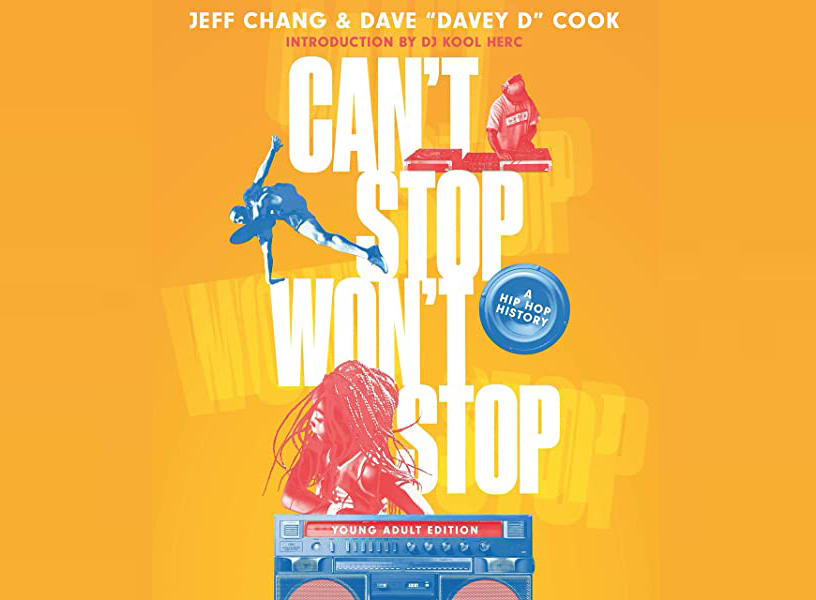

We also hear from original B-Boy and Zulu nation member Charlie Rock who talks about the White Gangs called Greasers who roamed the Bronx and were mortal enemies to the large Black and Puerto Rican gangs. We also hear from Hip Hop legend Popmaster Fabel of Rocksteady Crew and Zulu Nation who is working on a documentary about the early gangs called The Apache Line. In these clips you see Bam address younger gangsters in the most intense ways. He was the one who gave Afrika Bambaataa permission to use the name. Included in these clips are members of the Ghetto Brothers who Chang writes extensively about in his book. We decided to include the videos to that gathering so you can get a richer understanding about the influence. Karate Charlie of the Ghetto Brothers and Bam Bam of the Black Spades The Spades eventually morphed into the Organization and later the Mighty Zulu Nation under the leadership of Afrika Bambaataa who at the time was a key warlord.

In our interview I made reference to the 40th anniversary of the Notorious Black Spades who was the largest gang in new York during those early days. You can peep our interview below…Chang is currently working on a book about race and multi-culturlism as a follow-up to his excellent book. The cult movie Warriors was inspired by this Peace Treaty.Ĭhang noted the 71 peace Treaty paved the way for Hip Hop as it allowed folks from all over to go in various neighborhoods and artistically express themselves via dance, emceeing and deejaying.

In 1971 the gangs of the Bronx got together and forged a Peace Treaty. Should they make peace and transform the neighborhoods or continue down a path of destruction. The gangs grew in size and began to war against one another until it reached a critical point where folks reached a fork in the road. This in turn led to what Chang described as chaos which led to the explosions of gangs who attempted to create and enforce some sort of order. This left many of the areas impoverished with its decreased tax base. Here we sit down and talk about his perspective on street gangs and how they influenced Hip Hop culture.Ĭhang talks to us about the culture of abandonment in the late 60s and early 70s when many whites fled the Bronx in what we call ‘white flight’. Straight from the Davey D Archives, we pull out an interview we did with author Jeff Chang back in August of 2008 at the National Political Hip Hop Convention about his book ‘ Can’t Stop Won’t Stop‘.


 0 kommentar(er)
0 kommentar(er)
